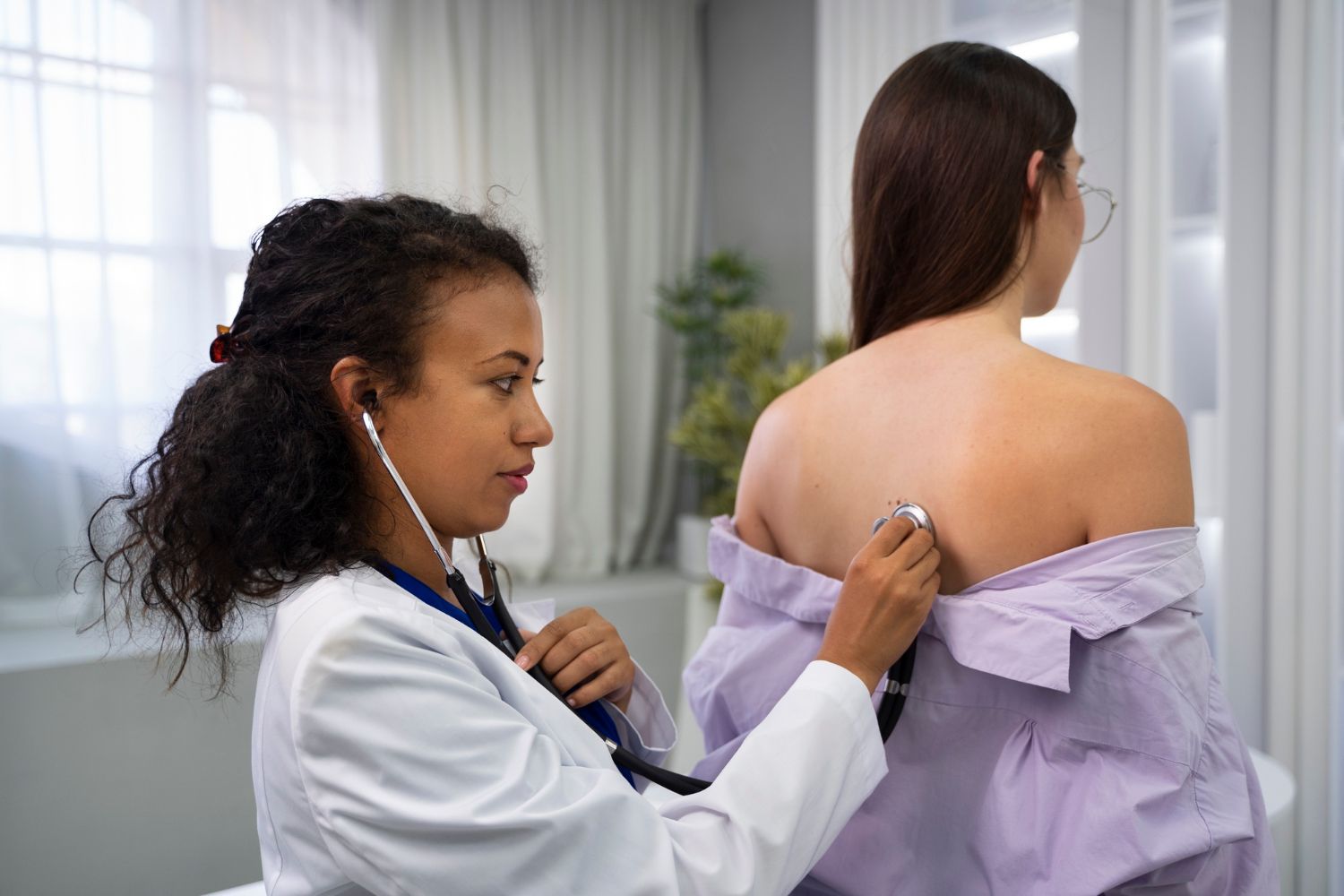
AR135 Sexual Assault Disclosures: Responding with Confidence and Care for Healthcare Providers
Course summary
Feeling unprepared for sexual assault disclosures? This short, live Zoom course gives healthcare professionals essential, practical skills to respond with confidence, compassion, and legal clarity — perfect as a first step before deeper training or when you need immediate tools to support patients.
Who should attend?
This session is designed for UK-based professionals involved in the delivery of pre-hospital or urgent care services, particularly those in frontline or clinical decision-making roles. It is particularly suitable for:
- Paramedics (NHS or private sector)
- Student paramedics (HEIs or practice placement)
- Emergency Medical Technicians (EMTs)
- Ambulance Care Assistants (ACAs)
- Clinical Practice Educators and Mentors
- Safeguarding Leads and Named Professionals
- 999 and 111 call handlers involved in triage or first contact
- Advanced practitioners working in urgent or out-of-hours settings
- Managers and Team Leaders in ambulance trusts responsible for clinical governance or patient safety
- Health professionals in multi-agency response settings (e.g., SARC liaison roles, custody healthcare)
Important notes
All course material, evaluations and certificates provided.
This course runs from 9:30am- 1:00pm and is delivered virtually on Zoom.
Cost
| Course duration | Course CPD | Full price (incl VAT) per person |
|---|---|---|
| 0.5 day(s) | 4 hour(s) | £95 |
Discounts
| Dates | Block size | Block discount |
|---|---|---|
| 02/06/2026 | 4 | 10% |
Dates / venues
| Location - venue | Dates | No. of people |
|---|
Aims / objectives
To equip UK paramedics and pre-hospital care professionals with the legal understanding, ethical awareness, and compassionate clinical skills needed to respond effectively and sensitively to patients disclosing sexual assault.
Learning Objectives
By the end of this session, participants will be able to:
- Describe the psychological, emotional, and physical impacts of sexual assault on survivors.
- Identify common myths, misconceptions, and unconscious biases that may affect clinical responses.
- Apply a trauma-informed approach to communication and care during initial contact.
- Understand the legal and ethical responsibilities of UK ambulance clinicians, including consent, capacity, and safeguarding thresholds.
- Make appropriate decisions about confidentiality, police involvement, and referrals to Sexual Assault Referral Centres (SARCs).
- Recognise the importance of forensic awareness without compromising patient autonomy.
- Reflect on the emotional impact of this work and identify strategies for self-care and professional support.
Course programme
Welcome and Framing the Session
Understanding the Impact of Sexual Assault
- National incidence and underreporting
- Emotional, psychological, and physical responses
- Case study
Misconceptions, Bias, and Defensive Attribution
- Societal and internalised myths (e.g. clothing, intoxication, false accusations)
- Unconscious bias in practice
- Challenging ‘rape scripts’ and recognising valid responses to trauma
- Case Study and Small Group Work
Legal and Ethical Responsibilities
- UK legal framework: consent and capacity
- Safeguarding thresholds (under 13, 13–15, 16–17, vulnerable adults)
- Confidentiality and when to breach it
- Case study
- Scenario-based discussion: “Would you call the police?”
Clinical Practice: First Contact and Forensic Awareness
- Trauma-informed communication and initial approach
- What to say, what not to say
- Forensic considerations: preserve but don’t probe
- Signposting to SARCs vs EDs
Caring for the Carer
- Vicarious trauma and emotional impact on paramedics
- Peer support, TRiM, supervision
- Individual reflection: “What support do I need to do this work well?”
Close
Summary of key takeaways
- Final thoughts
- Signpost to emotional support or follow-up if needed
- SARCs and Rape Crisis resources
Led by
Samantha Thompson- is the author of the JRCALC guidelines for ambulance services on the care of individuals who have experienced rape or sexual assault, and she is an internationally recognized speaker on the subject.
Participant Voices!
Excitement About Upcoming Courses
“Looking forward to learning how to respond to disclosures with confidence and care.”
“This course seems essential for building practical skills in sensitive patient interactions.”
“Excited to gain strategies that will help me support survivors effectively and compassionately.”
“A vital course for healthcare providers aiming to respond appropriately in challenging situations.”
